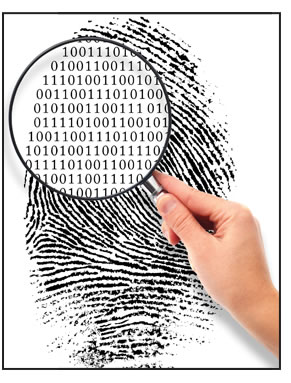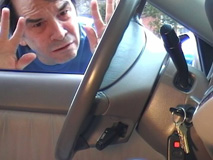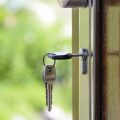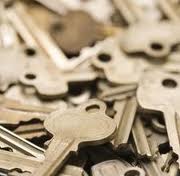- Locksmith & Home Security Technician
- Getting a career diploma in as little as 2 months.
- Gain experience with practical exercises and interactive assignments.
- Learn how to identify, create, and duplicate keys.
- Learn to work with several types of locks including safes, valuts, and auto.
- and more...
“Forensic locksmithing] is the study and systematic examination of a lock or other security device or associated equipment using scientific methods to determine if and how the device was opened, neutralized, or bypassed. These examinations include the use of various types of forensic techniques, […] and include microscopic examination, microphotography, regular photography, physical disassembly of the device or devices, and on occasion laboratory techniques, such as metallurgy and tool mark identification may be conducted.”
-Don Shiles, Former President, Intl. Assoc. of Investigative Locksmiths
Table of Contents
What is Forensic Locksmithing?
Forensic locksmithing is a relatively new field in the world of locksmithing that has recently been gaining a lot of popularity.
A forensic locksmith is a locksmith who combines the skill and knowledge of locksmithing to analyze lock systems in order to determine tampering or evidence of compromise.
The priority of a forensic locksmith is not to determine who committed the crime but to aid law enforcement agencies in determining how a criminal gained entry to a building, safe, or other devices.
More specifically a forensic locksmith may be called to identify any of the following:
- Method of entry
- Tools used to gain entry
- Areas of weakness in a security system
In addition to preparing evidence for a crime that has already been committed, it is becoming commonplace for large institutions or corporations to utilize forensic locksmiths to evaluate the security levels of a facility. Many forensic locksmiths may also specialize in safe locksmithing.
What Skillset Does a Forensic Locksmith Need?
- Extensive knowledge of locks, safes, and keying systems
- General knowledge of crime scene investigation
- Photography skills
- Evidence collection and preservation
- Adequate verbal communication (expert witness)
- Adequate written communication (investigative reports)
How Can You Become a Certified Forensic Locksmith (CFL)?

The International Association of Investigative Locksmiths (IAIL) has been committed to developing this profession by professing the need for cooperation between locksmiths and law enforcement agencies.
In addition, the IAIL is dedicated to providing guidelines for those wishing to be classified as a Certified Forensic Locksmith (CFL).
Currently, IAIL is the only organization that offers certification as a forensic locksmith.
What Are the Requirements?
- Applicants must have been a member of IAIL for at least 1 year
- A point system is used to qualify to take the exam. A total of 75 points are required to sit for the examination. The following classes award points. The classes with a * are required.
- Impressioning
- Picking
- Simplex Manipulation
- Professional By-Pass Techniques
- Covert CCTV
- Investigative Locksmithing I, II, & III *
- Forensic Locksmithing
- Safe Servicing & Safe Manipulation
- Safe Opening
- Automotive Specialties (Columns & Locks)
- Auto Theft/Arson classes *
- After receiving a total of 75 points a 3-hour written examination consisting of 125 questions must be passed. The exam is based on forensic locksmithing and the Standards for a Forensic Locksmith, which can be purchased from the IAIL.
The career of forensic locksmithing can be very exciting and rewarding, which are the main reasons it is becoming such a popular field.
For more information on other locksmithing certifications, click here.





Forensic locksmithing seems like such an intriguing field! It’s amazing how professionals use their expertise to investigate and analyze locks in various legal contexts.